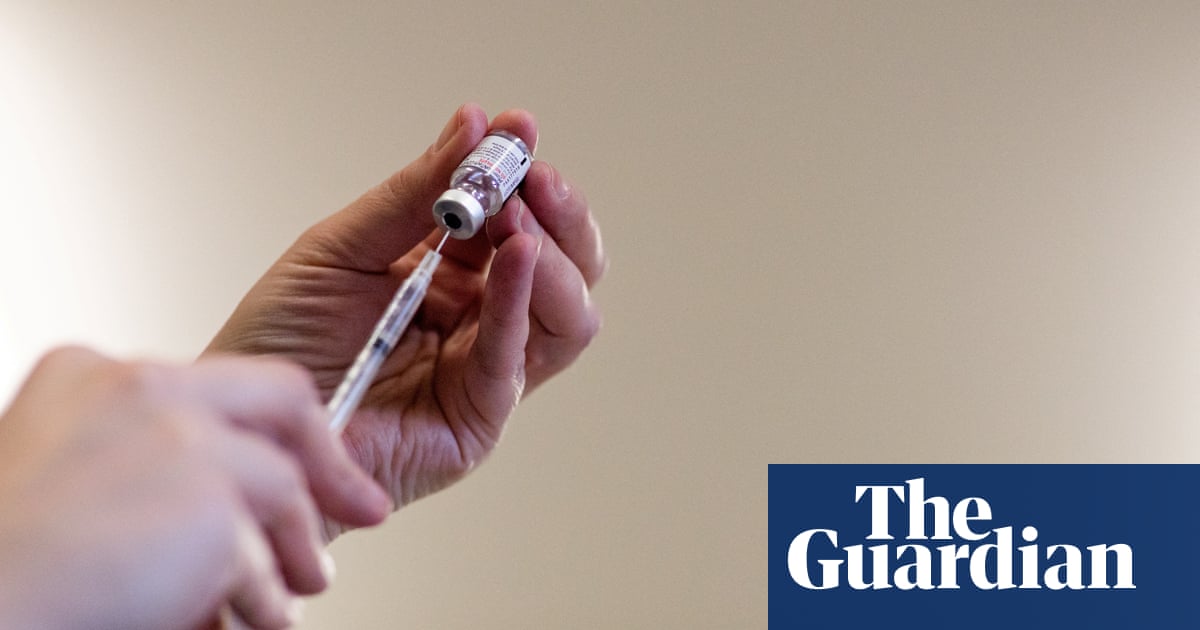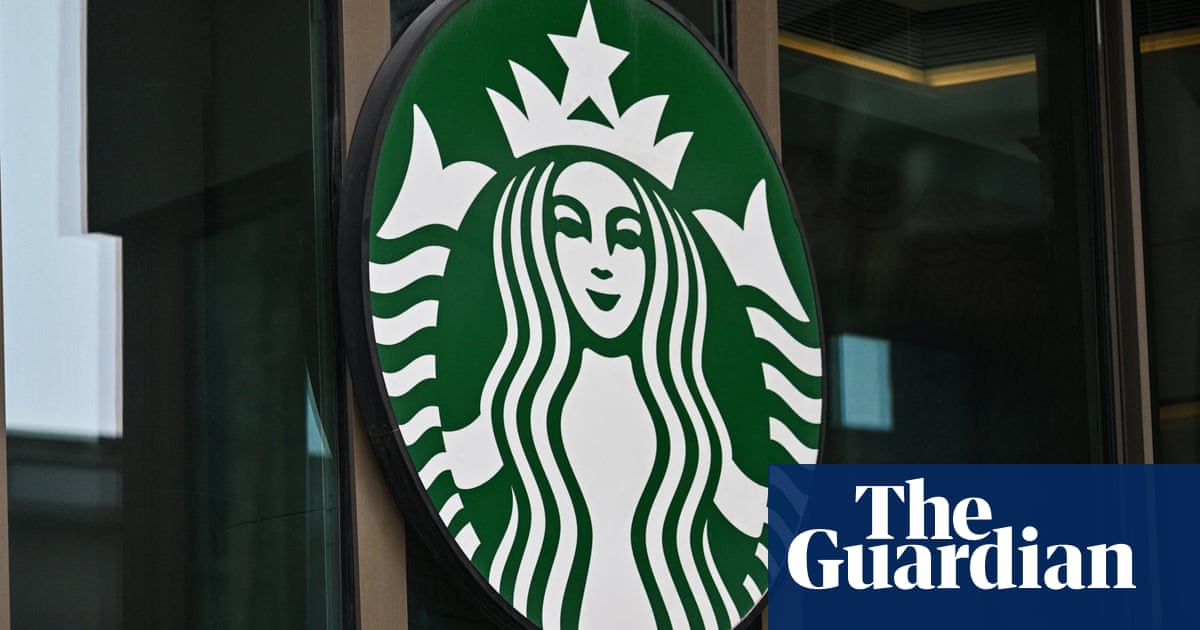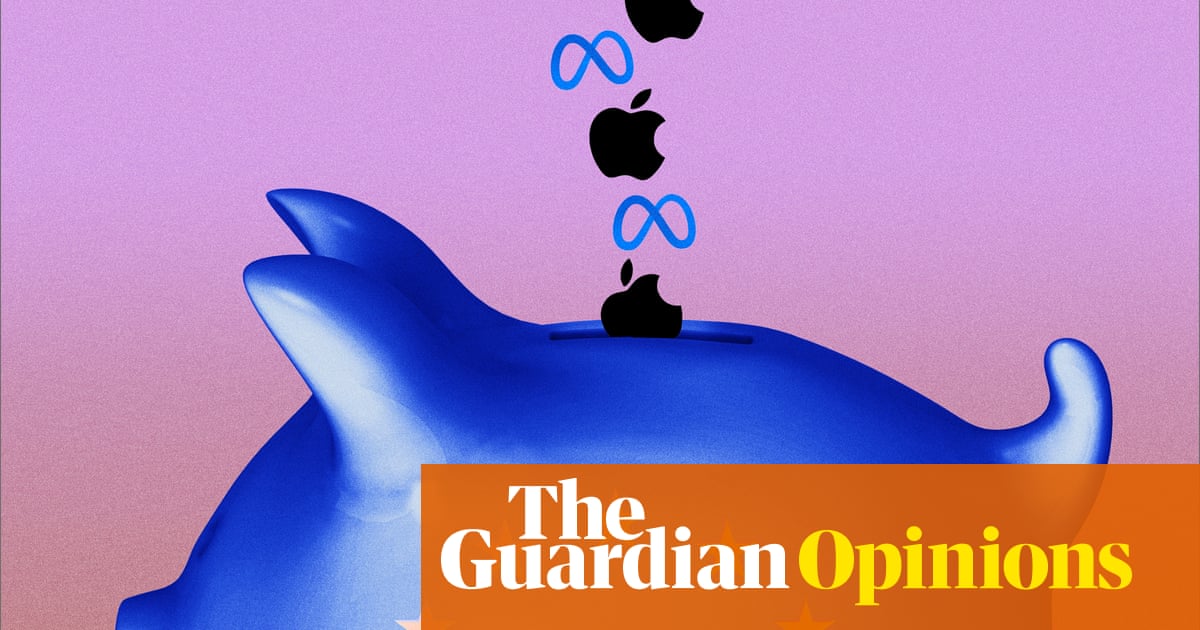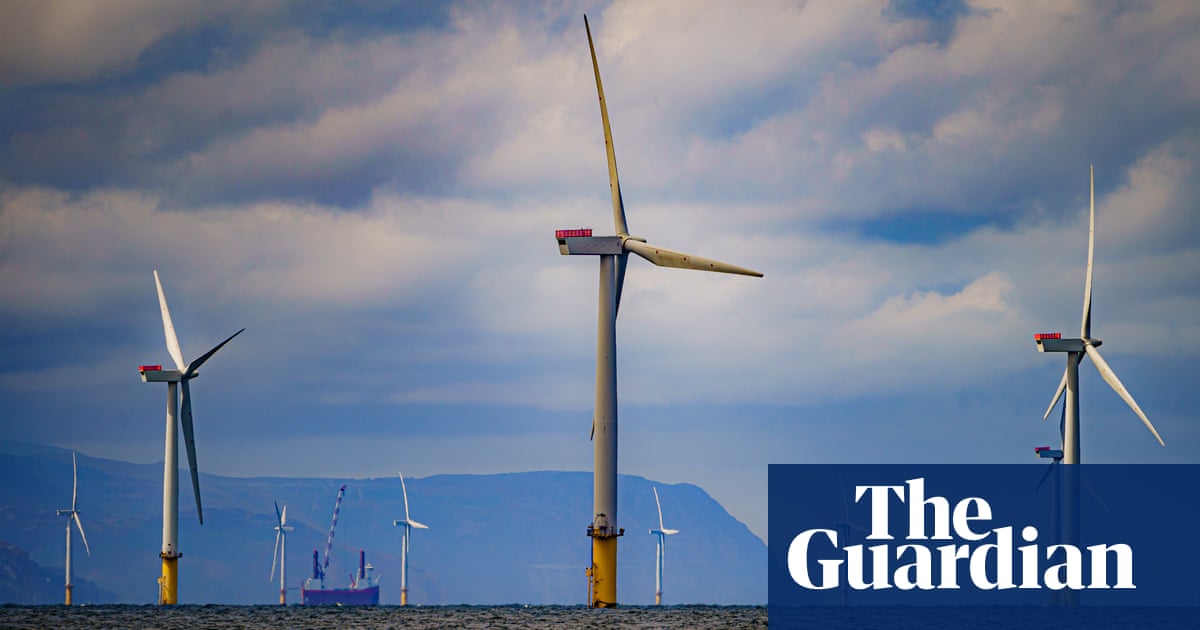
Elon Musk is not a people person, as millions around the world will be able to attest after the planet’s richest man cut off food supplies, healthcare and probably even life itself to some of the most vulnerable without so much as a fore- or afterthought.
Musk sees himself as a data man, wielding numbers like a machete to slash and burn his way through government waste and corruption as he leads the rightwing charge to capture the US state.
Within days of Musk dispatching his minions to kick down the doors of the US Agency for International Development (USAid) and rifle through its finances, the agency was in effect out of business. Musk claimed USAid was “a criminal organisation” and full of Marxists – an assertion called “laughable” by the agency’s former administrator under George W Bush, Andrew Natsios, who describes himself as a conservative Republican.
Musk didn’t care. Less than three weeks after Donald Trump’s inauguration, the head of the new “department of government efficiency” (Doge) has created an extensive power base in Washington of a kind not seen before.
Trump has given free rein to Musk to send his operatives into more than a dozen federal agencies to look for evidence of mismanagement and subversion, and generally create chaos, outside of the usual bounds of oversight and regulation.
Crucially, Musk now in effect controls the 0ffice of personnel management (OPM) which oversees federal employment. He immediately encouraged more than 2 million government workers to resign with the stated aim of forcing a few hundred thousand out the door.
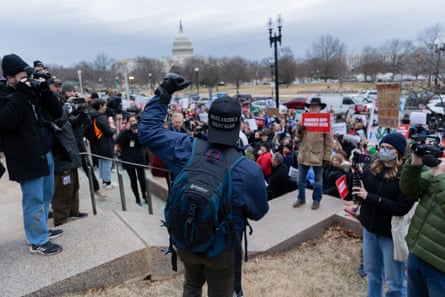
It’s clear who Musk thinks should be running the country instead, from his recruitment to Doge of “special government employees” from his own companies and the wider tech industry to storm the federal citadels. They include a significant proportion of young male software engineers of the kind who tend to worship tech billionaires like Musk, including a teenager who has gone by “Big Balls” online.
Few, if any, have undergone the security clearances other government workers need to access sensitive and personal information. If they had, Doge might have been discouraged from hiring another recruit from Silicon Valley, Marko Elez, who was sent into the US treasury department, where he had access to taxpayer records. Elez resigned on Thursday after the Wall Street Journal revealed he posted racist messages on social media and defended eugenics.
“Just for the record, I was racist before it was cool,” Elez wrote on X in July.
On the face of it, Musk is implementing Trump’s commitment to cut spending, “dismantle the deep state” and sack “rogue bureaucrats”. But his embrace of the far right, including an unrestrained endorsement of the German nationalist Alternative for Germany (AfD), and what looked to much of the world like a Nazi salute at Trump’s inauguration celebrations, has raised urgent questions about Musk’s political beliefs and how he intends to use his newfound power.
As it happens, much of what Musk is doing is also good for his businesses, including scrapping regulatory bodies and curtailing the power of unions and workers. The labor board, which upholds workers’ rights, has been paralysed and agencies that regulated the financial industry have either been scrapped or told to abandon key parts of their work.
Musk’s politics have been eclectic. In the past he has backed universal basic income and a tax on carbon emissions. At the same time he has a deep dislike of trade unions and public transport because it means being around “random strangers, one of whom might be a serial killer”. He espouses a visceral hostility to diversity programmes and appears to regard those who believe in helping the less fortunate as subversive.
Thrown into this mix is Musk’s fascination with the pronatalism movement, for which he has done his bit by fathering 12 children, and his hope that one day his rocket company, SpaceX, will help them colonise Mars.
Raised in South Africa under apartheid, Musk is clearly suspicious of democracy and the leaders it produces. His grandfather headed a fringe political movement in Canada in the 1930s, Technocracy Incorporated, which sought to abolish democracy in favour of government by elite technicians, but its overtones of fascism saw it banned during the second world war.
Musk shows some of the same tendencies as do other libertarian-leaning Silicon Valley billionaires unhappy with the messiness of elected government. He has spoken in support of direct democracy, where policies and other issues are decided by popular referendums rather than elected representatives.
But in the meantime, Musk appears happy to embrace the US version of the “strongman” ruler through the Republican right’s “unitary executive theory”, which regards the authority of the president as paramount and Congress as an impediment to the implementation of his or her will.
Over the years, Musk has described himself as “not a conservative” and “politically moderate”. He backed the Democratic candidate in every presidential election going back to Barack Obama’s victory in 2008 until he soured on the party in the past few years.
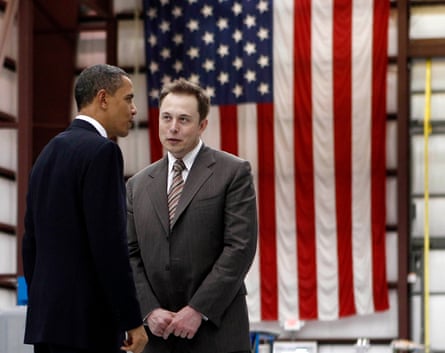
“In the past I voted Democrat, because they were (mostly) the kindness party. But they have become the party of division & hate, so I can no longer support them and will vote Republican. Now, watch their dirty tricks campaign against me unfold,” he wrote on X in 2022.
But there were clues to other motives including a statement that he would be voting Republican because of Joe Biden’s support for trade unions and what he regarded as insufficient Democratic backing for his companies.
Not long before last year’s presidential election, Musk declared that Trump would save American democracy from Democrats trampling on individual liberties. But he kept moving ever further to the right in public, with an open embrace of racist European political leaders, including the AfD, and the promotion of claims of a “white genocide” in the country of his birth, South Africa.
Musk’s biographer, Walter Isaacson, has linked his shift from Obama voter to cheerleader for the AfD to the transition of his daughter, Vivian Jenna Wilson.
Wilson was 16 when she texted a relative: “Hey, I’m transgender, and my name is now Jenna. Don’t tell my dad.” The day after Wilson turned 18 in 2022, she changed her name because of “gender identity and the fact that I no longer live with or wish to be related to my biological father in any way, shape or form”.
Musk told Isaacson he was sanguine about the change but then Wilson became a fervent Marxist and wouldn’t speak to him any more, a situation he described as one of the most painful of his life.
“She went beyond socialism to being a full communist and thinking that anyone rich is evil,” Musk told the author.
Musk blamed Wilson’s progressive Los Angeles school and said he was disturbed at the “woke mind virus” holding back America.
After California passed a law barring school districts from requiring teachers to tell parents of changes to a student’s sexual orientation and gender identity, Musk announced he was moving the headquarters of his two largest companies, SpaceX and X, to Texas. He said that the law caused “massive destruction of parental rights” and put children at risk of “permanent damage”.
Musk did not say that moving his companies also had significant tax advantages for himself and his businesses, which would additionally be subject to fewer climate regulations than in California.
Still, his apparent anger of his daughter’s transition appears to have set in motion a broader hostility to identity issues, and diversity equity and inclusion (DEI) programmes, a favourite target of the Trumpian right. Musk announced that the words “cis” and “cisgender” were considered slurs on X, and he came out against pronouns, tweeting that they “suck”.
In late 2022, another tweet linked Musk’s hostility towards the way people choose to identify themselves – an odd position for a man who claims to be a champion of free speech – to his anger at the Biden administration’s Covid restrictions.

Musk mocked Anthony Fauci, Biden’s chief medical adviser who was instrumental in the lockdown and other measures to contain the crisis.
“My pronouns are Prosecute/Fauci,” he wrote.
Some saw the tweet as evidence that Musk was now openly identifying with the far right, which defied mask regulations and stay-at-home orders, and called for Fauci to be locked up for intruding on their liberties.
But while Musk’s hostility to pronouns was personal, Covid regulations touched on his businesses and net worth.
Musk refused to close his Tesla factory at the height of the pandemic, claiming without evidence that “panic” over the virus would do more damage than the disease itself. He disparaged social distancing, predicted that the virus would claim few lives in the US (it eventually claimed more than 1.2 million), and described the lockdown as “fascist” and “erasing people’s freedoms”. Musk tweeted a meme comparing Canada’s prime minister, Justin Trudeau, to Hitler over his government’s Covid restrictions.
Musk may have dressed up his position as a concern about people’s welfare but its immediate effect was to keep his factories rolling even if the people working in them were at greater risk of infection and death. And while Musk claimed a principled position in favour of individual liberty, he has a history of suppressing the rights of his own workers.
In 2023, he said that he disagreed with the concept of trade unions.
“I just don’t like anything which creates a lords and peasants sort of thing,” he told the New York Times Dealbook Summit. “Unions naturally try to create negativity in a company.”
One reason Musk may not like unions is they tend to stand up for their members. He has faced accusations from former employees of aggressively using a secretive dispute resolution process to fend off repeated claims of sexual and racial harassment within his companies, including accusations of women enduring a “frat house” atmosphere of groping and other abuses ignored and even perpetrated by high-level managers.
Tesla has paid out millions of dollars to Black workers subjected to racial harassment.
Yet, while Musk restricts the rights of this employees to seek redress from the courts, he and his companies filed at least 23 lawsuits in federal courts in the year to August 2024, according to Fortune magazine.
They include a legal action by X against the Center for Countering Digital Hate over a report accusing the social network of making millions of dollars out of accounts spewing hate from “neo-Nazis, white supremacists, misogynists and spreaders of dangerous conspiracy theories”. A California judge threw out the lawsuit last year, saying it was clear the “case is about punishing the defendants for their speech”.
Musk will probably spend a lot more time being frustrated by the courts. Judges have already put on hold his push for mass resignations from the civil service and placed some restrictions on Doge’s mass collection of data. Federal workers, unions and civil rights organisations are lining up a flurry of lawsuits to challenge Musk’s actions.
But the courts themselves may become a target for Musk as he works to tear down the old order.
Isaacson in his biography wrote that Musk once described being in “a state of war at all times” as one of his default settings.
No one thinks that, so long as Trump continues to regard the billionaire as more of an asset than a liability, Musk’s thirst for power will stop at gutting federal agencies. The question is where he will launch his next offensive.

.png) 2 months ago
23
2 months ago
23





